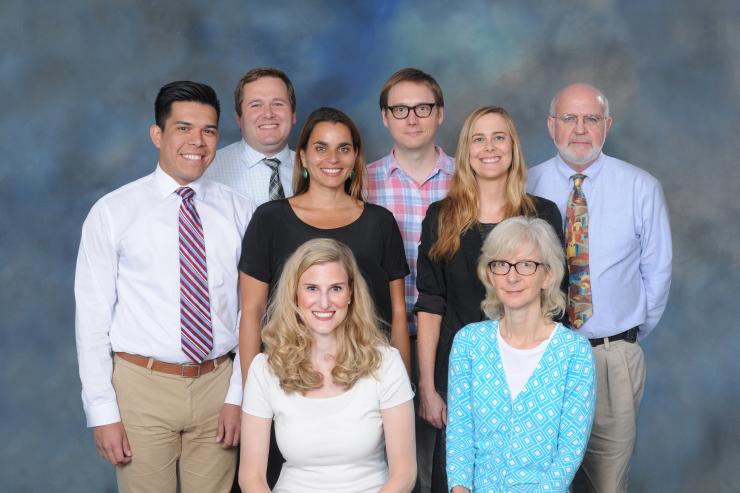
To our knowledge, no existing book or article describes how to establish and operate a vibrant and sustainable clinical ethics consultation service from the ground up. As a result, ECS directors and ethics consultants may be charged with building or reinvigorating and sustaining a high-quality, successful service without sufficient practical guidance on how to plan, implement, and monitor their efforts. This lack of guidance can give rise to problems, including wasted time and effort, as well as misalignments in expectations and goals between hospital administrators and ethics consultants on what constitutes "success" and "failure" in service activities.
Toward the goal of providing this much-needed guidance, we describe key considerations and strategies for developing, implementing, and monitoring a high-quality, successful service. It is important to note that in responding to hospital administrators' expectations and establishing a successful service, it is necessary but not sufficient to demonstrate the competence of individual consultants. Thus, some portions of this guide are addressed to the individual or individuals leading an ECS, but many chapters will be useful to anyone engaging in clinical ethics consultation or playing a role in overseeing or otherwise advocating for an ECS.
Our focus is on building and sustaining high-quality, successful services in ways that go well beyond the traditional focus on how to conduct an ethics consultation. Specifically, we have chapters and sections devoted to working through a case, mediation skills, and conducting and facilitating family meetings that should be useful for any ethics consultant, particularly individuals who are new to ethics consultation or seasoned consultants who wish to reflect on their practices, but we also have chapters and sections devoted to "selling points to hospital administrators on the value of ECSs," building an ECS infrastructure, launching a service, etc., that are aimed more towards ECS directors, with the goal of providing essential guidance on ECS development and maintenance.
Finally, our goal is to be as practical and clinically-oriented as possible by addressing everyday nuts-and-bolts concerns that apply across demographically- and geographically-diverse hospital settings, subject to some individual variation that we will underscore for our readership. In particular, we arrange this guide according to phases of an ECS. Part 1 will focus on planning for an ECS. Part 2 will discuss how to implement an ECS. Part 3 will then conclude with information about how to monitor an ECS once it is established, and how to address common challenges. We believe that much of the advice we provide can be extended to other consultative or hospital services that are based in hospitals, such as palliative medicine, chaplaincy, or social work services. We hope you find this useful!
Read the Review
The American Journal of Bioethics "highly recommend the Guide for both consultants and those who train them" and said "for many ethics committees and consultation services, this resource will be no less than a godsend." The guide was described as a "welcome addition to our clinical ethics repertoire due to its practicality, its ease of use, and its demonstration of how the Core Competencies can be put into practice."
Purchase a Copy
Copies of A Practical Guide to Developing & Sustaining a Clinical Ethics Consultation Service are available for purchase on Amazon.

Need to Buy Multiple Copies?
Special discounts are available for bulk purchases. Please contact us at bioethics@bcm.edu to learn more.









